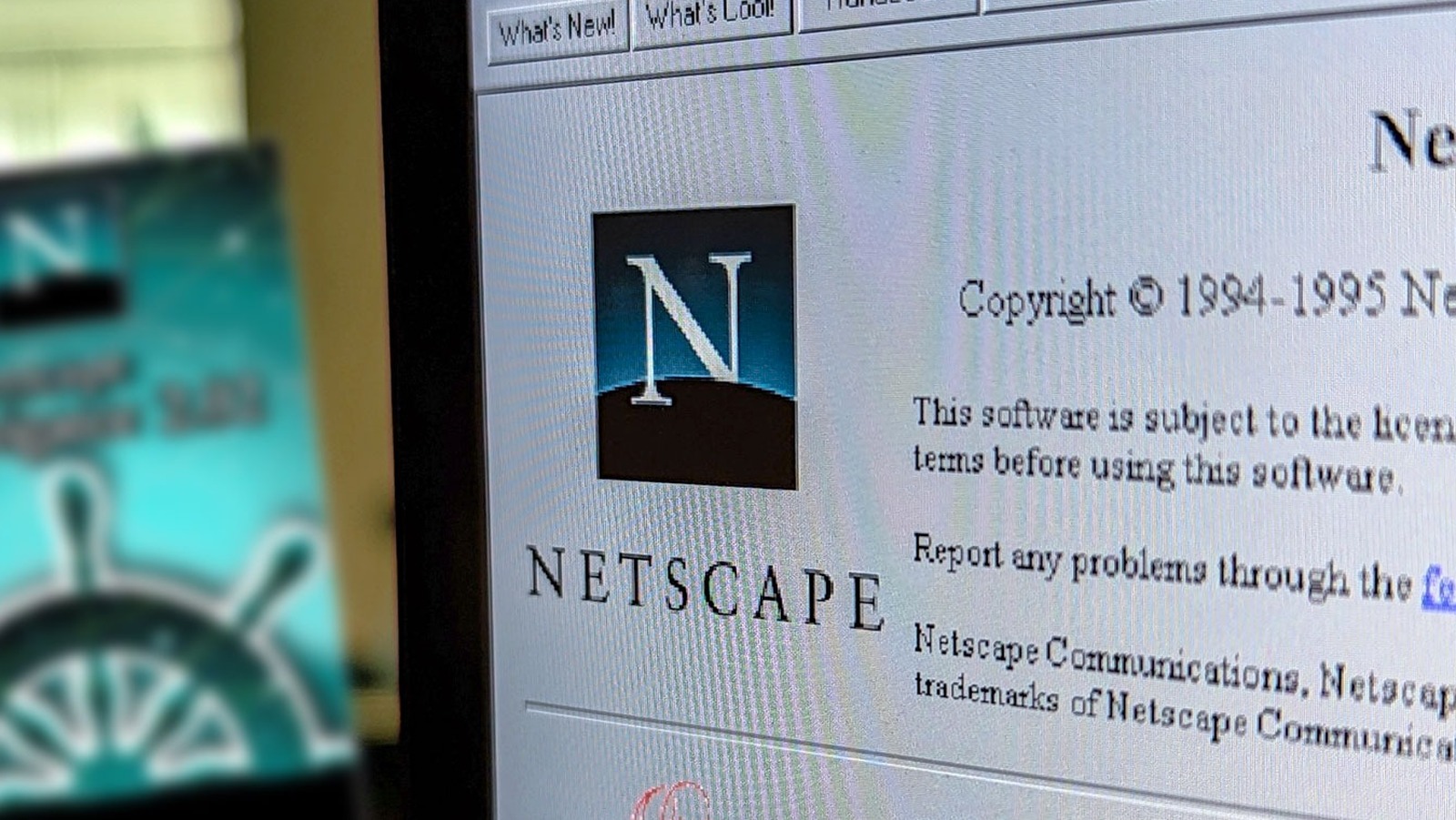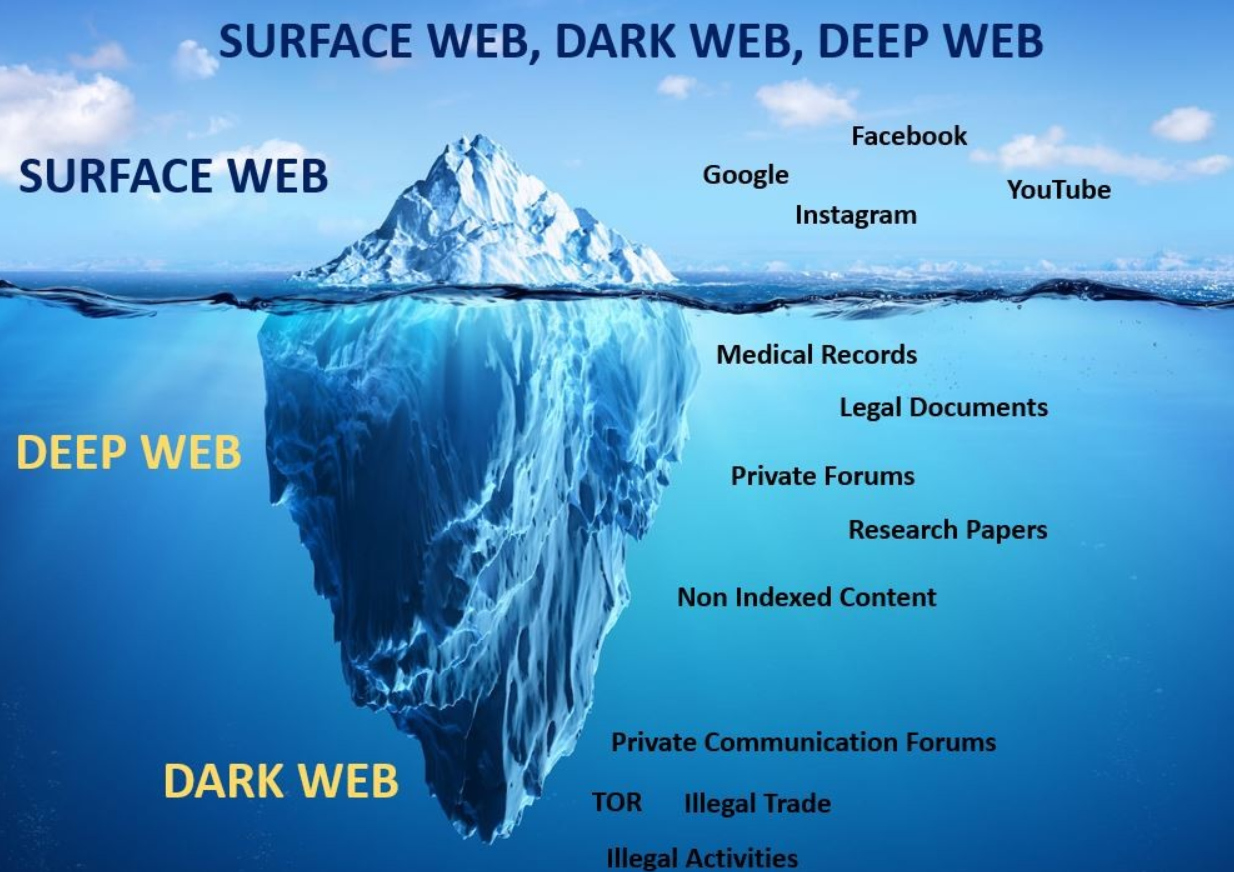
Lost the Internet War
Introduction
In the early 1990s, Netscape Navigator was the king of web browsers, pioneering the way people accessed the internet. However, despite its revolutionary impact, Netscape lost the battle for internet dominance, eventually disappearing from the digital landscape. So, what led to the downfall of Netscape? The answer lies in a mix of corporate battles, technological shifts, and strategic missteps.
The Rise of Netscape Navigator
Netscape Navigator was launched in 1994 by Netscape Communications, founded by Marc Andreessen and Jim Clark. It quickly became the most popular web browser, capturing more than 90% of the market. It offered a fast, user-friendly browsing experience, helping millions of users navigate the rapidly growing World Wide Web.
Some key factors behind Netscape’s early success included:
- First-mover advantage – It was one of the first web browsers available to the public.
- Cross-platform support – Unlike some competitors, Netscape worked on multiple operating systems.
- Rapid innovation – Netscape frequently updated its browser, introducing new features like cookies, JavaScript, and SSL encryption.
The Browser Wars: Enter Microsoft
Netscape’s dominance did not go unnoticed. In 1995, Microsoft entered the scene with Internet Explorer, bundling it for free with Windows 95. This was a game-changer, as Microsoft had a built-in advantage—Windows was the most widely used operating system in the world.
Microsoft aggressively pushed Internet Explorer by:
- Making it free while Netscape Navigator remained a paid product.
- Bundling it with Windows, ensuring that every PC user had Internet Explorer pre-installed.
- Striking exclusive deals with internet service providers and PC manufacturers to make Internet Explorer the default browser.
As a result, Netscape’s market share began to decline rapidly. By 1998, Internet Explorer had overtaken Netscape, and the writing was on the wall.
Netscape’s Failed Comeback & Open Source Pivot
In a desperate attempt to regain its footing, Netscape made two bold moves:
- Open-Sourcing the Browser – In 1998, Netscape released its code to the public, leading to the creation of the Mozilla project (which would later give birth to Firefox).
- Acquisition by AOL – Also in 1998, Netscape was acquired by AOL for $4.2 billion, a move that was supposed to boost its chances of survival.
Unfortunately, these efforts weren’t enough. AOL did little to help Netscape compete, and Microsoft continued to dominate. By 2003, Netscape Navigator was officially discontinued.
The Legacy of Netscape
Although Netscape lost the browser war, it left behind a lasting legacy:
- Mozilla Firefox – Netscape’s decision to open-source its code led to the development of Firefox, which remains a popular browser today.
- Web Standards – Netscape played a crucial role in shaping modern web technologies, introducing features like JavaScript and SSL encryption.
- The Microsoft Antitrust Case – Microsoft’s aggressive tactics against Netscape led to a historic antitrust lawsuit in 1998, where Microsoft was found guilty of anti-competitive practices.
Conclusion
Netscape’s fall was not just about losing to a competitor—it was a lesson in the power of monopolies, strategic missteps, and the rapid evolution of technology. While Netscape Navigator is long gone, its impact on the internet remains undeniable. Today, browsers like Chrome, Firefox, and Edge continue the battle that Netscape once started, ensuring that the legacy of the first great browser is never forgotten.



Leave a Reply